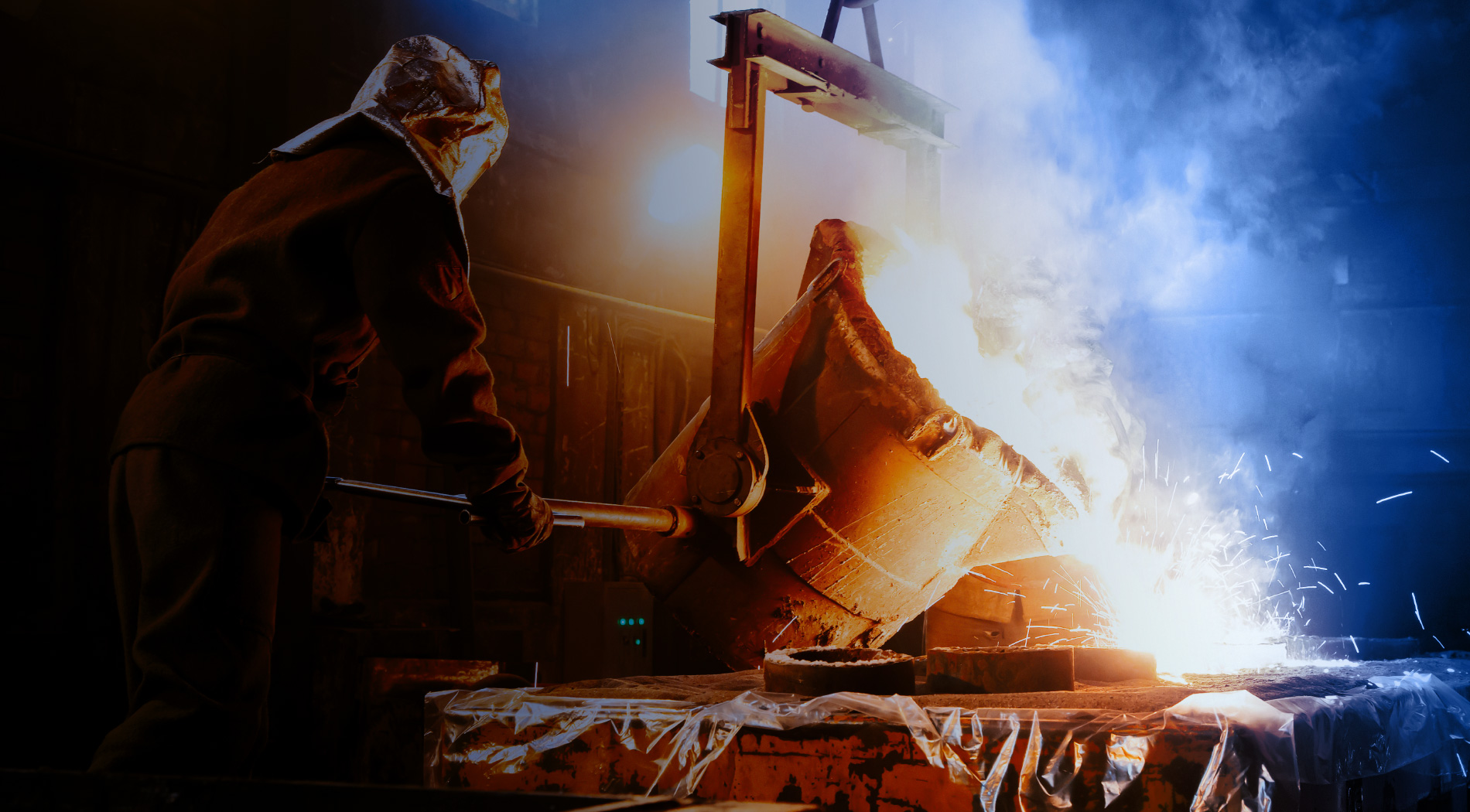
B/C POWDER
B/C POWDER
B/C Powder is a fine, white, free-flowing, hard-burned magnesium oxide powder with controlled bulk density, low iron content and trace elements.
Main Uses & Advantages
B/C Powder exhibits, high MgO content, low iron content and fine grain size which is perfectly suited to a diverse range of applications. These include, drilling cements, special refractories & ceramics (manufacture of refractory castables, crucibles, foundry cores and molds, special ceramics and sintered bodies), fiberglass, dental cement mixtures, friction materials and other special chemical applications.
Packaging & Storage
B/C Powder is available: in big bags with or without bottom spout on pallets (optional). in 25kg polyethylene-lined, multiwalled bags, stretch wrapped on pallets.
B/C Powder has a shelf life of 12 months provided that the product is stored in a clean dry storage area under proper conditions. Magnesium oxide absorbs moisture from the air and forms lumps. Always re-seal partly used bags.
| MgO Content (Loss free): | typ. 94,0% |
| Fe2O3 content: | typ. 0,15% |
| Sizing: | typ. 99% -100μm |
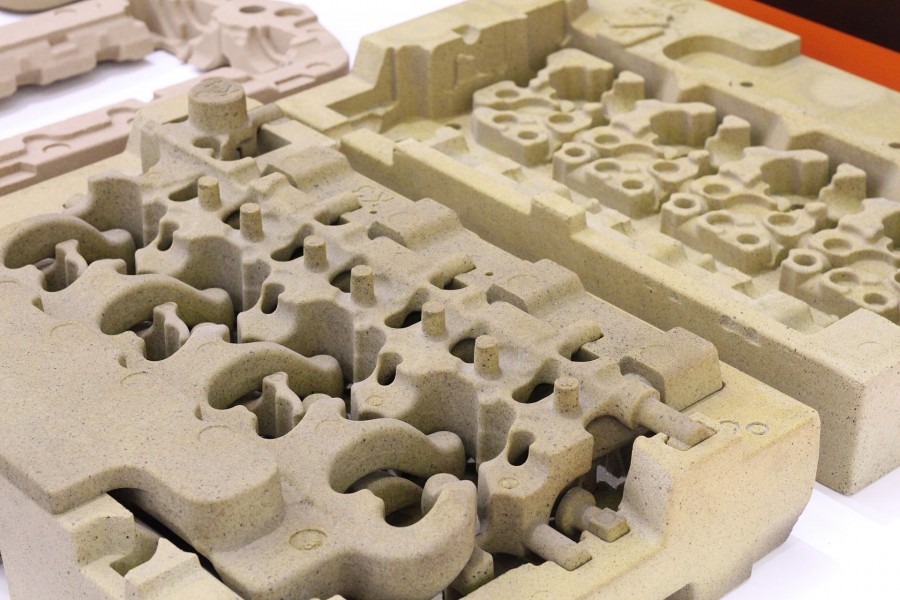
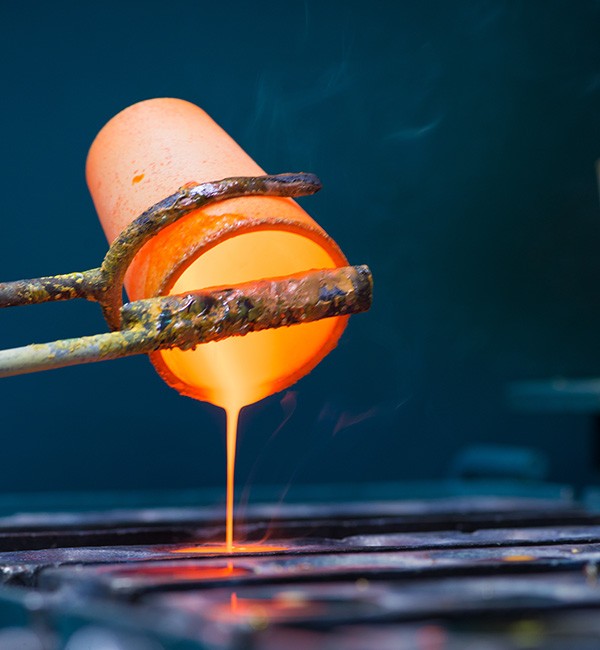
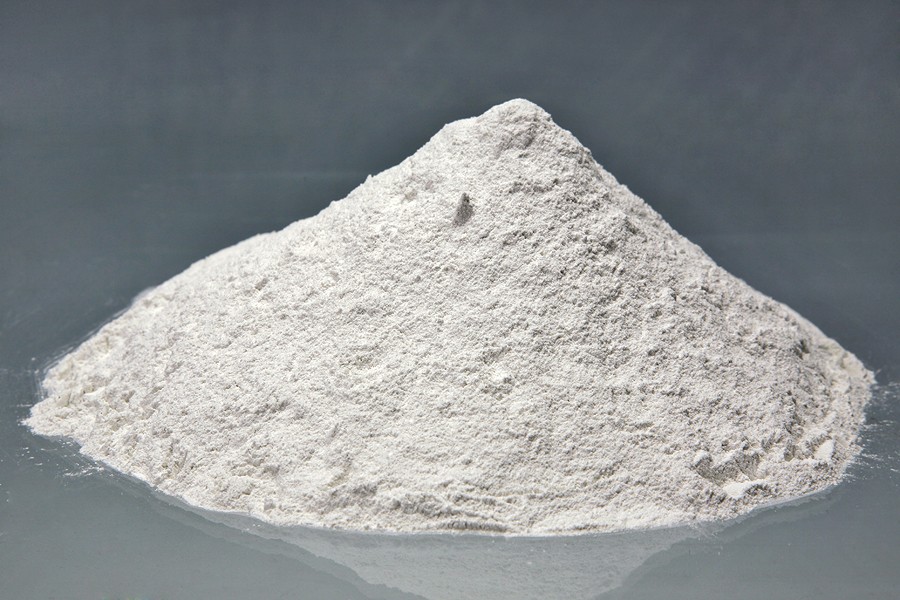
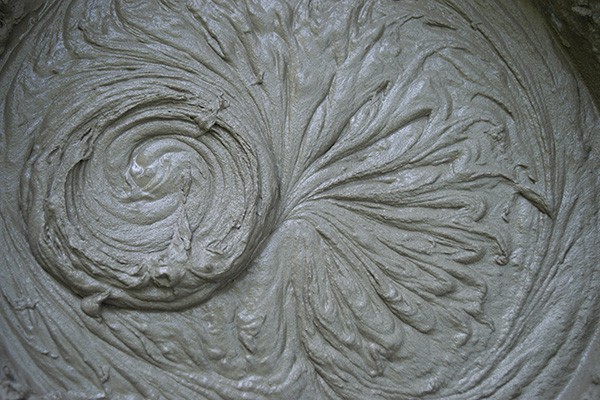
Order now
OR CONTACT US FOR ANY INFORMATION
Email: info@grecianmagnesite.gr
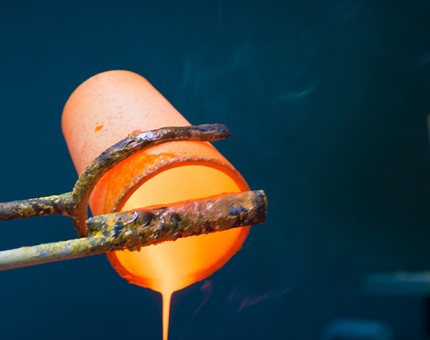
Special Refractories & Ceramics
Magnesium oxide is used as a raw material in the manufacture of refractory castables, crucibles, foundry cores and molds and special ceramics and sintered bodies. A wide range of products may be used depending on the application, typically hard or dead-burned magnesium oxide is used.

Drilling Cements
In some cases, special, non-permanent sealing cements are required to establish a seal and subsequently remove it by dissolving the cement with common oil-field acids, something that cannot be accomplished with conventional cements. Sorel cement formulations based on caustic calcined MgO grades can be used in such cases.
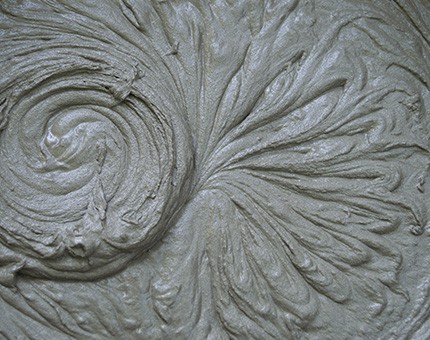
Cement Anti-shrinkage Additive
Cements suffer short and long-term drying autogenous shrinkage and are subject to volume reductions due to thermal changes. These phenomena may cause concrete cracking and net shrinkage of building blocks, compromising the durability of the structure.